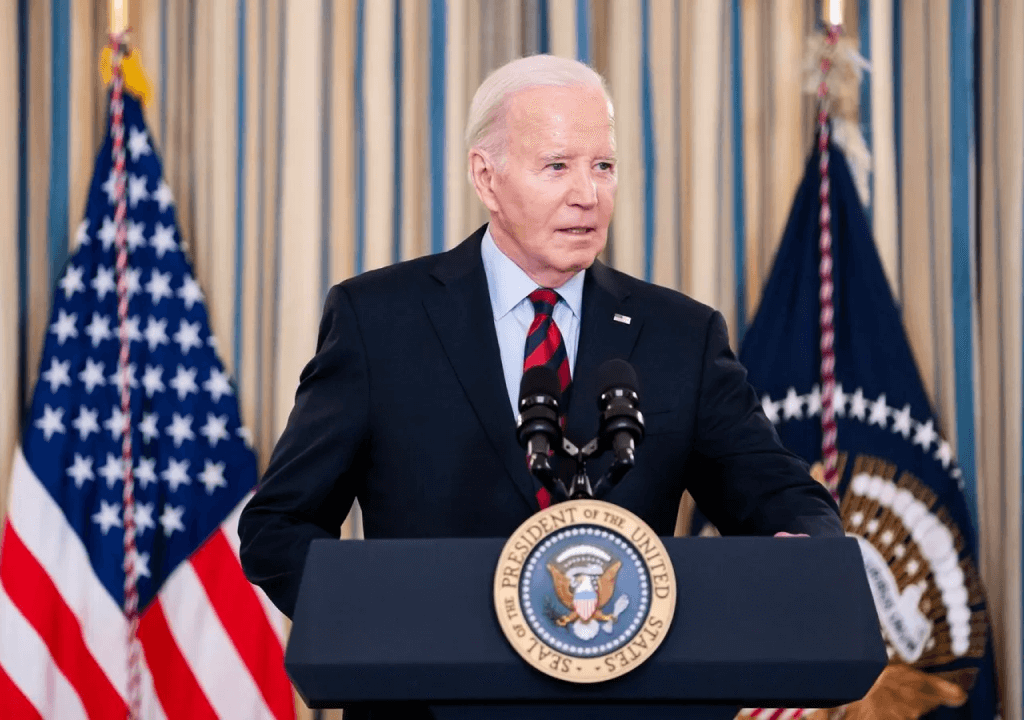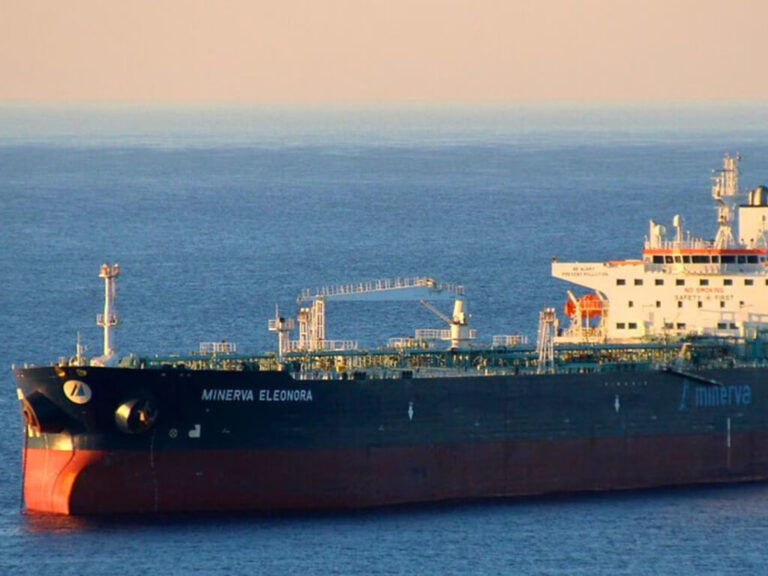This is cruel punishment. Whatever the reason for the Gaza people are suffering, They are suffering it in a very cruel manner. Basic need of people is declining, there is nothing left, buildings are collapsing , the casualties by the Israeli army’s attack is skyrocketing, and the war effect is now deepening in Gaza, kids are starving, some find peace by the death. And the war of the neighbors, war for religion is getting its very disastrous situation. For the 1200 Israeli’ blood, Israel took back more than 30000 lives of Palestinians.
The conflict in Gaza appears to have no imminent resolution. Israel remains steadfast in its pursuit of complete control over the region, contributing to a prolonged war. The division among Islamic countries adds complexity, and the Western world, despite its advocacy for human rights, faces challenges in providing even humanitarian aid. The United States, the United Kingdom, France, Germany, and Saudi Arabia no one has been unable to reach Gaza with aid.
Israel’s reluctance to open doors for humanitarian assistance, coupled with Egypt’s cautious approach, further exacerbates the dire situation. The region appears to be ensnared in a fortress-like blockade, contending not only with external threats but also facing internal challenges, particularly from groups like Hamas. In the absence of diplomatic breakthroughs and open avenues, the looming risk of one of the world’s largest massacres hangs over Gaza.
As Prominent supporter of Israel, the United States is finally acting in response to the humanitarian situation in Gaza. President Joe Biden is set to unveil a substantial initiative in his upcoming State of the Union address, as disclosed by three senior administration officials on Thursday. This initiative entails a pivotal role for the U.S. military, tasked with establishing a temporary port in Gaza. The strategic plan leverages the distinctive capabilities of the U.S. military, aiming to construct a port or causeway without deploying troops to Gaza’s shores. The primary objective is to enhance access to essential provisions, encompassing food, water, medicine, and various other forms of aid, for the Palestinian population.
Officials emphasized, the operation is not intended to involve U.S. boots on the ground. The initiative aims to create a maritime corridor from Cyprus to Gaza in collaboration with governments and commercial partners, supplementing aid delivered through airdrops and land routes. The decision to resort to this military mission stems from concerns that Israel is not permitting sufficient aid to address the humanitarian crisis resulting from the Israel-Hamas conflict affecting 2.2 million Palestinians in Gaza. In addition to the establishment of a temporary port in Gaza, The U.S. is actively urging Israel to open more land routes, enabling quicker and more efficient assistance to reach those in need.
While the scheme, involving the construction of a temporary pier by U.S. military engineers off the coast of Gaza City, will take several weeks to implement, concerns persist that it may supply insufficient relief too late. Aid experts, while acknowledging it as a step in the right direction, argue that leveraging U.S. influence to open more land routes for humanitarian assistance would be a more effective strategy.
The Larnaca port in Cyprus will serve as the primary relief hub, facilitating aid shipments to Gaza. President Biden is set to announce this emergency mission during his State of the Union address, with the aid deliveries expected to come through a collaborative effort with like-minded countries and humanitarian partners.
Though The maritime corridor plan encounters numerous challenges, particularly in addressing how to efficiently unload, secure, and distribute the aid. Several U.S., European, and Middle Eastern officials, including four others, have indicated that many aspects of the plan are still under discussion. While smaller aid packages are expected to arrive by sea soon, a coordinated effort is required to establish a regular schedule for larger assistance shipments across the Mediterranean, a process anticipated to take 45 to 60 days.
The initial entry point for aid will be the Larnaca port in Cyprus, situated approximately 230 miles from Gaza and already equipped with advanced screening technology for Israeli officials in Cyprus to inspect deliveries. Given Gaza’s lack of a functioning port, President Biden has directed the U.S. military to assist in establishing a temporary pier, though the specific roles of other partners in this endeavor remain uncertain. Negotiations with Israel regarding a security and crowd-control mission on the beachhead are ongoing, including discussions about potential Israeli involvement in demining staging areas for the aid.
Criticism of Biden within his own party for the failure to facilitate humanitarian aid to Gaza, where a famine is looming and casualties from the conflict have reached 30,000, has intensified. The UN has warned of catastrophic levels of deprivation and starvation among over a quarter of Gaza’s population, emphasizing the urgency of action to prevent widespread famine.
Dispersing aid throughout Gaza, an active war zone with security risks for aid workers, presents a significant challenge. The multinational coalition plans to rely on the United Nations, non-governmental organizations, and other groups to ensure targeted distribution. Talks between the United Arab Emirates and Qatar with the Cypriots are underway to explore their potential contributions to the maritime corridor. While officials from both governments have not responded to requests for comment, there are reports of UAE-funded aid arriving in Gaza the following week.








